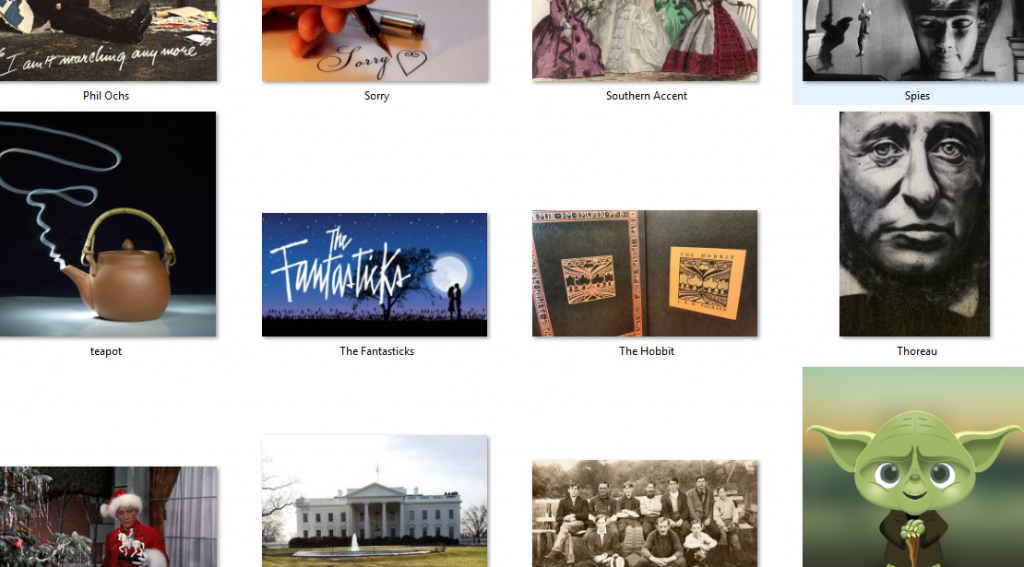Top 10 English Blogs of 2017 Posted by Gary Locke on Dec 28, 2017 in English Grammar, English Language, English Vocabulary
2017 was a busy year for us at the English Language Blog. We covered a wide range of topics from studies of literary figures like Agatha Christie and Henry David Thoreau to the vocabulary of spies and how to properly write about time. Still, what we always like to know is what you wanted to read about, and which blogs inspired you. Let’s review the most popular blogs of 2017, and what was on your mind in the past 365 days.
#1 What is Syntax?
By far the most widely read blog of the year set out to explain the important art of how to properly place your words in a sentence. Without correct sentence structure you will never master the English language. However, what happens when the grammatically correct phrase doesn’t sound natural? It is less about word order and more about putting the sentence together correctly.
#2 A Halloween Lesson for ESL Learners
Sasha provided our readers with a reading activity, vocabulary, practice questions, and a video to help guide us through the fun of Halloween in the United States.
#3 What is a Collocation?
Back in February I wrote about collocations, English words which are typically grouped together, and why. If you really want to pass yourself off as a knowledgeable English speaker, you need to know the proper collocation for the situation and how to apply it.
#4 English Phrases and Idioms About Dogs
Dogs are a blogger’s best friend, especially if you want people to read your post. Many of you wanted to learn words and phrases that English speakers use about dogs. The post also carried a loveable picture of Sasha’s dog, Louie. Who could resist?
#5 What’s the Difference? Inauguration
On the occasion of the swearing-in of the 45th President of the United States, we took a look at some words and phrases associated with presidential inaugurations, and the differences between them. Do you know the difference between an oath and a vow?
#6 English Sayings and Idioms About Cats
It’s only fair to give equal time to our feline friends. True, the dog blog was more popular than the cat blog, but many of you were just as interested in learning some popular phrases about cats. Don’t let the cat out of the bag, but my wife might be a crazy cat lady!
#7 English Expressions of Sympathy
What are the right words to use when someone you know is having a tough time? In September we took a look at what to say when it seems that words are not enough. It may have been one of the most important blogs of the year.
#8 English Vocab for Drinkers
On a completely different type of subject from expressing sorrow, we took a look at the strange and wonderful English vocabulary of those of us who aren’t always sober. If it sometimes seems that the English language was created by drunks, then this was the blog for you!
#9 English Ologies, Ographies, and Onomies
From July, this was a blog explaining the differences between three of the most common suffixes in the English language, some common examples of each, and how to properly use them. Do you know what scatology is?
#10 The Dying Art of Cursive
The tenth most popular blog of the year was about a disappearing skill of the English language – handwriting. At one time, cursive was taught in schools throughout the English-speaking world. Now, with the advent of the computer keyboard and auto-correcting text, it is all but lost. But, what are the consequences of never using longhand again?
Hopefully, we can continue to enlighten, entertain, and encourage you on your journey to learn, understand, and master the English language in 2018. And, please, let us know what you want to know more about.

Build vocabulary, practice pronunciation, and more with Transparent Language Online. Available anytime, anywhere, on any device.




